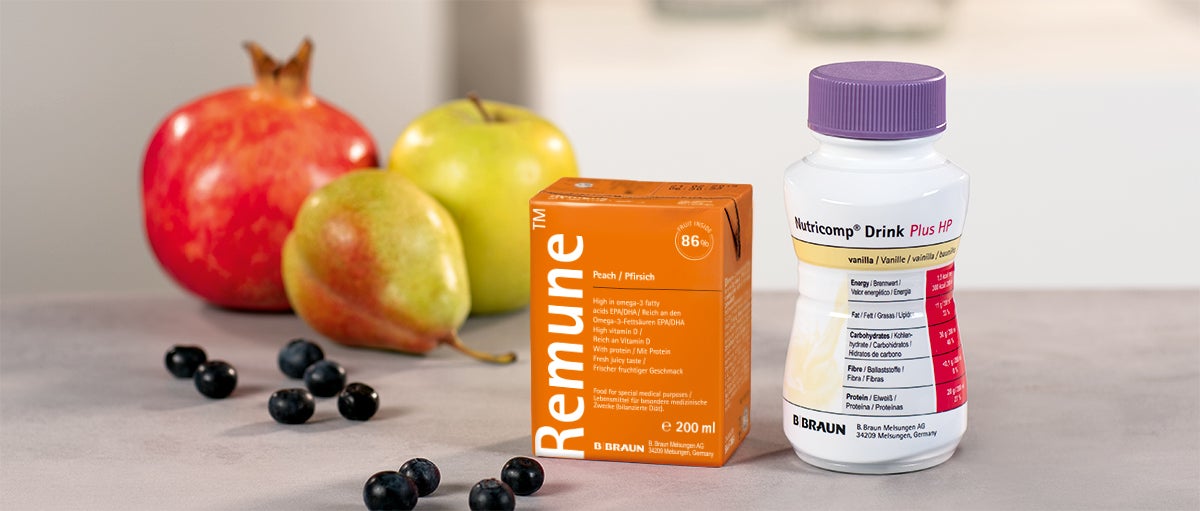Outfox your appetite
Anorexia is a loss of appetite and it is one of the most common symptoms that occur during cancer treatment. Be optimistic and remember your appetite will generally get back to normal several weeks after the end of treatment. Also keep in mind that each person responds differently, so it is impossible to establish a specific timeline for recovering your appetite.
What can you do if you have anorexia?
14 Tips to manage anorexia:
1. Plan your daily meals in advance. This way, you’ll avoid doing things in a hurry or improvising, which affects intake and leads to a choice of less balanced and less nutritional food.
2. Eat smaller portions more frequently. Distribute your meals throughout the day, e.g., eat something every 2-3 hours.
3. Eat small servings. Do not fill yourself up with large plates of food that will increase your lack of appetite even more.
4. Remember, it’s important that your meals are very nutritious, so you should enrich your diet with simple foods such as cheese, boiled eggs, legumes, nuts, oils and sauces.
5. Take advantage of the times you are hungry and eat! Don’t follow the clock! Spread high-energy snacks around your home to trick yourself into eating more.
6. Don’t drink a lot of liquids during meals, they’ll fill you up and you’ll eat less food as a result. (Warning: Disregard this advice if you have a dry mouth).
7. Create new recipes, new foods, new flavors, use spices, etc., try to make the food you eat more appetizing. Avoid monotony!
8. Try to find food that is appetizing but has a smooth and soft texture. Eating food that requires a lot of chewing isn’t the best option. If the food is tough, you’ll get tired soon and stop eating.
9. Using puréed food is often a solution to eat without any effort. Choose nutritional and enriched creams.
10. Food that you used to find appetizing may not be so appetizing now. This occurs because we often associate these dishes with certain moments of the treatment, with certain situations we’ve experienced. So, avoid eating your favorite meal on the same day of your treatment so you don’t reject it later on.
11. Try to eat or drink high-calorie snacks between meals and on the go:
Energy drinks
- Natural fruit juice
- Milk with grains (to thicken)
- Homemade milk and fruit smoothies, almond milk drinks (e.g., horchata)
Small, nutritional snacks
- Yoghurt with nuts and honey
- Bread or toast with butte
- Fudge
- Chopped nuts
- Salmon and cheese
- Peanut butter
12. Before going to bed, try to eat a little snack.
13. Create a nice atmosphere while eating. Eat in the company of your family or friends. Use a tablecloth and candles – whatever makes you comfortable.
14. Talk to your doctor or dietician/nutritionist about the option of integrating oral nutritional supplements into your diet. If you’re not getting enough nutrients through ordinary food, they may prescribe some kind of supplement.




